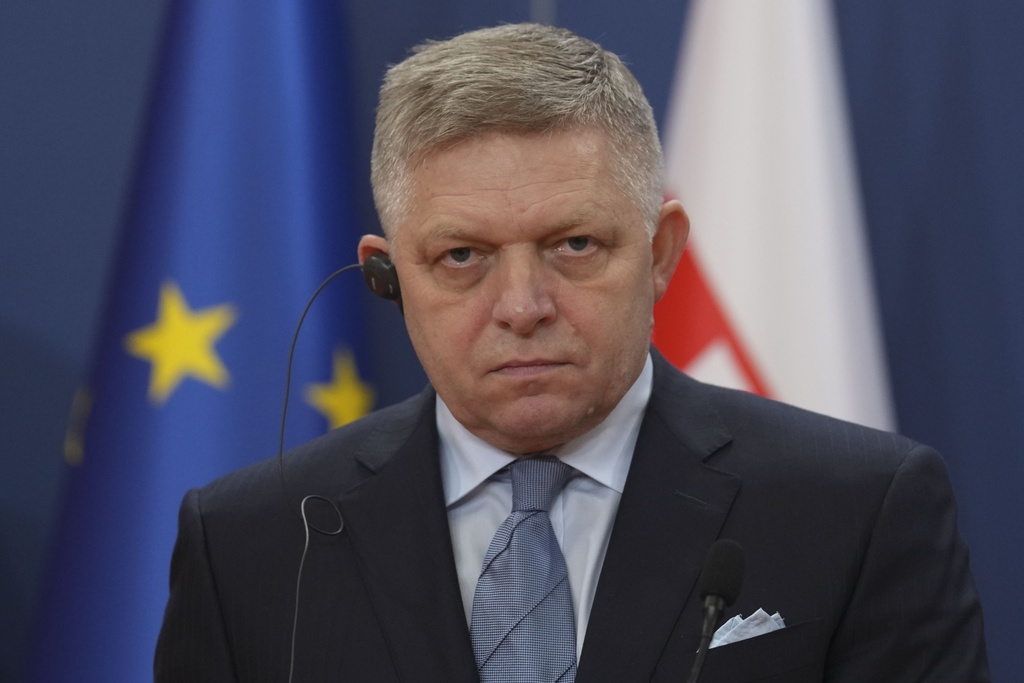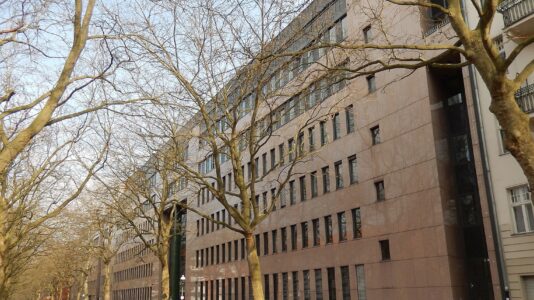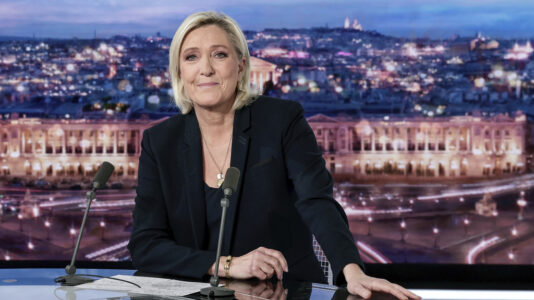Slovak Prime Minister Robert Fico has claimed that Ukraine will not be invited to join NATO and will lose part of its territory in any viable peace agreement, asserting that Russia will maintain control over Crimea and other occupied regions.
His remarks have reignited debate over Slovakia’s stance on the ongoing war in Ukraine, which has been resisting Russian invasion since February 2022.
Addressing the European Committee of the Slovak Parliament on Wednesday, Fico criticized the European mainstream media’s coverage of the war, comparing its portrayal to “Russian propaganda” and calling reports of high Russian casualties exaggerated. He also cast doubt on the West’s portrayal of progress in the war, challenging the narrative of Ukrainian military successes.
Under Fico’s leadership, Slovakia has taken a notably different approach to the war compared to most European Union countries. His government halted military aid to Ukraine from state reserves while permitting the continuation of commercial arms sales. This policy places Slovakia closer to Hungary in its critical stance on Western military support for Ukraine and sanctions against Russia.
“Ukraine will not receive an invitation to NATO. Russia will never leave either Crimea or the territory it controls. Whoever does not know the Russian soul should forget about defeating it,” Fico remarked.
On the subject of energy, the Slovak leader emphasized the importance of preserving natural gas transit through Ukraine, a vital source of income for both countries.
Slovakia has begun negotiations to ensure the continuation of transit routes next year, even as Ukraine signals an end to transporting Russian gas after the current agreement with Moscow expires at the end of the year.
“Ukraine is interested in preserving transit routes,” Fico stated. “They say they don’t want to transport Russian gas. It won’t be Russian gas, it will be different.” He acknowledged that Slovakia would face higher costs if forced to rely on gas supplies from the West, partly due to increased transit fees.
Ukrainian Prime Minister Denys Shmyhal indicated a willingness to cooperate on the matter, stating on Monday that Kyiv is open to discussing the transit of non-Russian gas with the European Commission.
As negotiations over gas transit continue, Fico’s stance is likely to spark further discussion about the balance between national interests and collective European action in addressing the lingering crisis in Ukraine.






